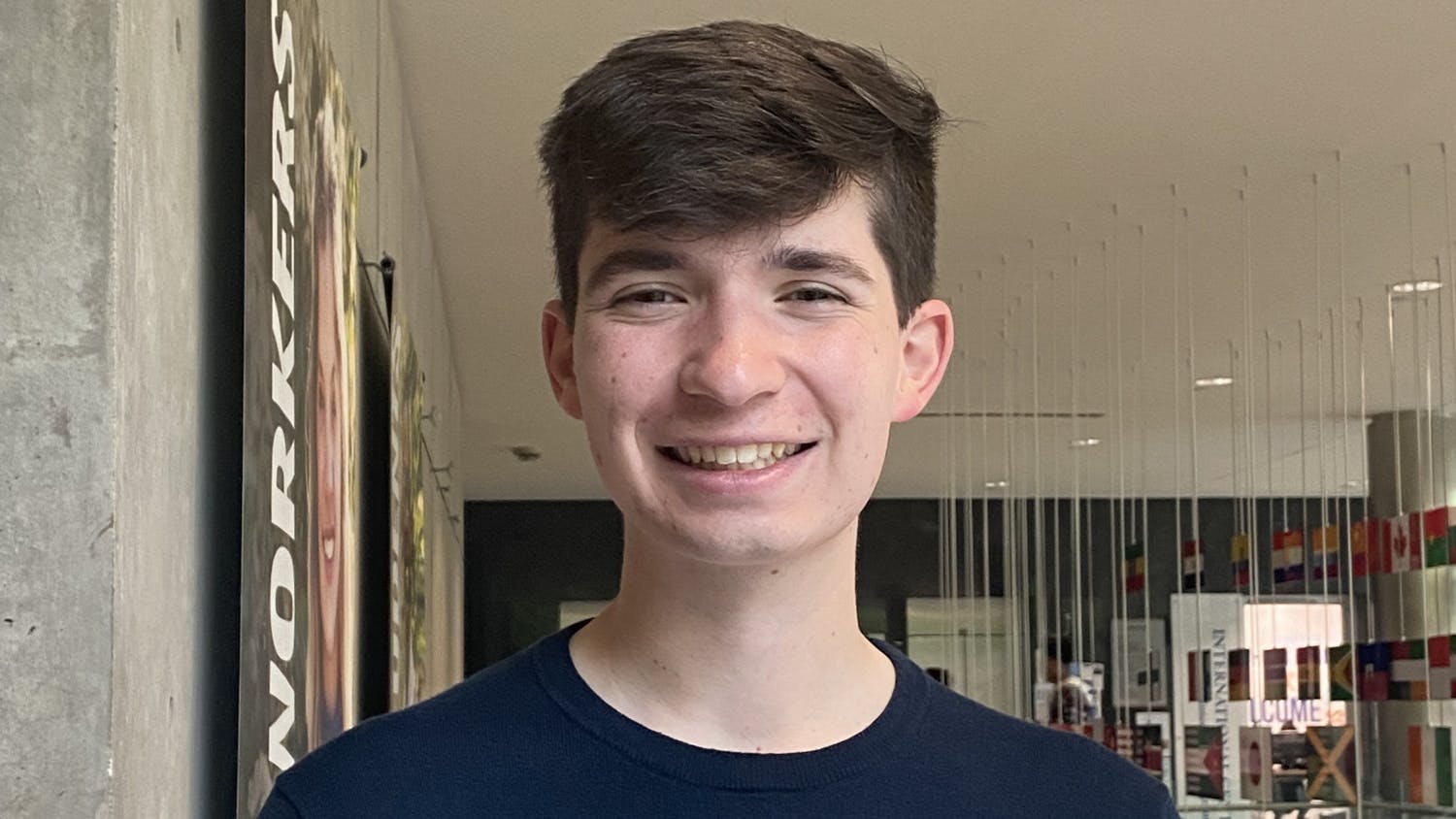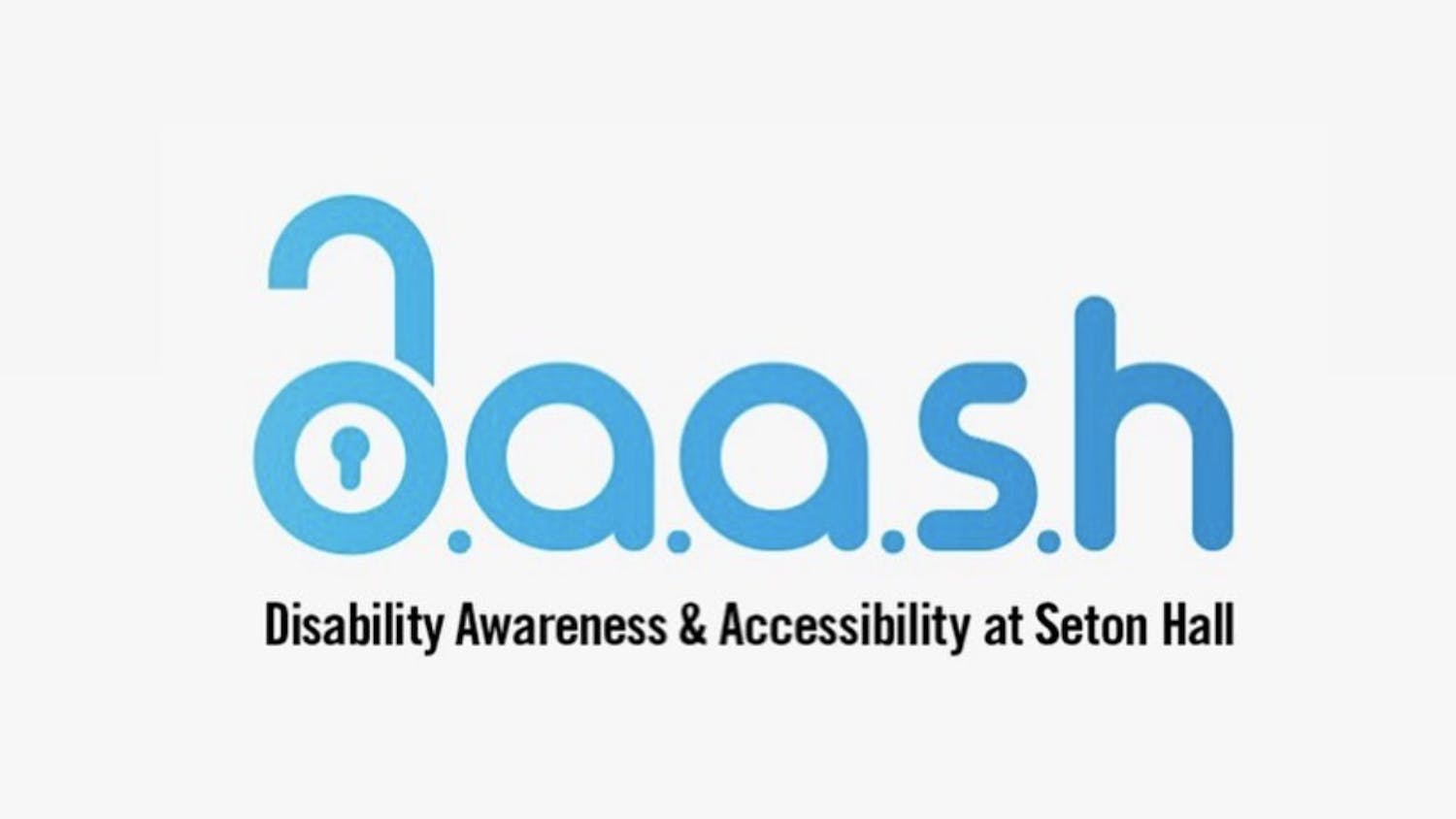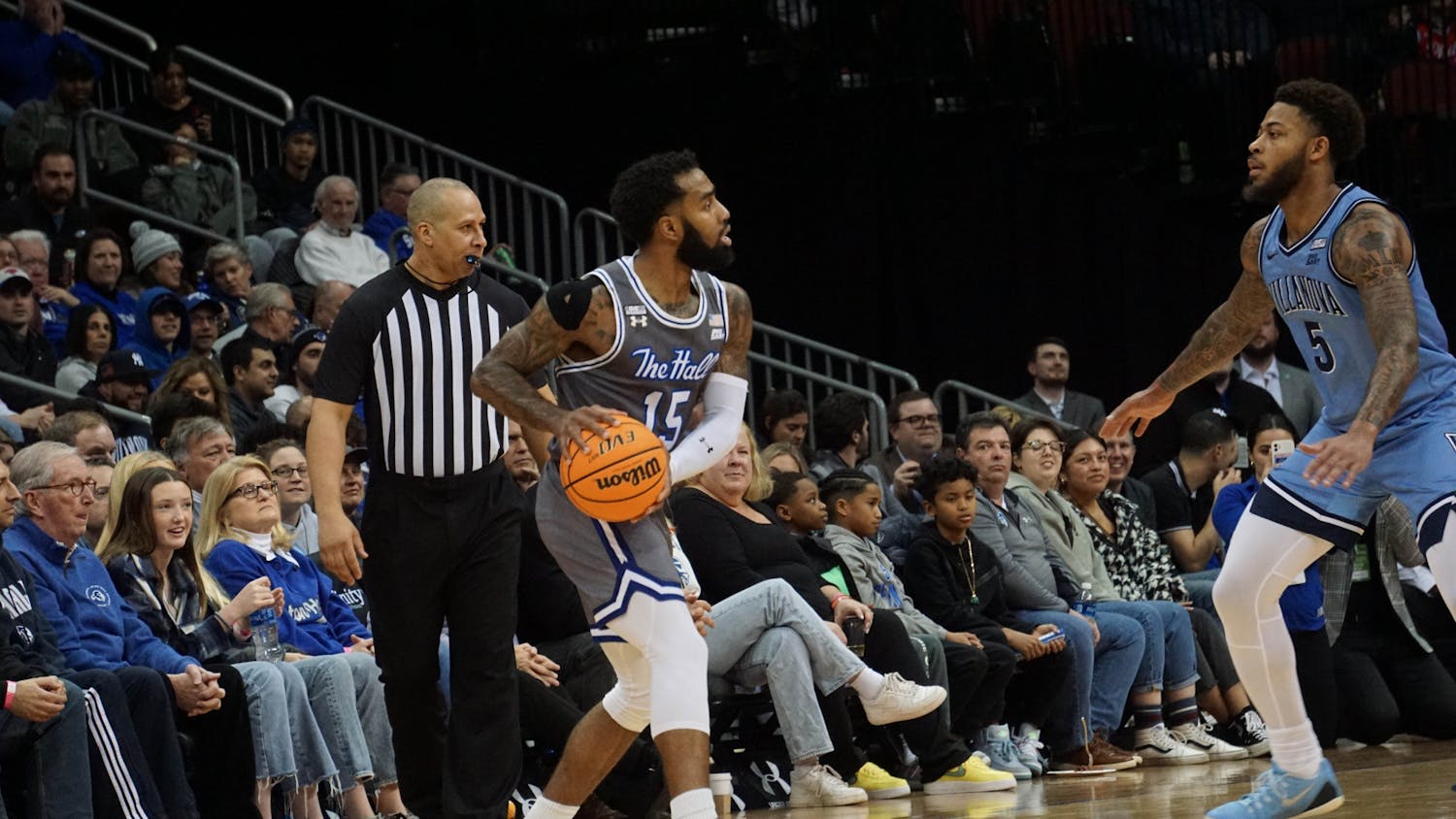Though two N.J. colleges and two Big East colleges made the ranks of College Choice’s “50 Best Disability Friendly Colleges and Universities,” Seton Hall University did not.
Seton Hall deals with a unique set of challenges due to the age of some buildings on campus. Some buildings pre-date the Americans with Disabilities Act of 1990, which “prohibits discrimination against people with disabilities in several areas, including employment, transportation, public accommodations,” according to the Department of Labor’s website.
[caption id="attachment_19442" align="aligncenter" width="838"] Automatic doors make navigating around campus much easier for disabled students, but not all buildings have them.
Automatic doors make navigating around campus much easier for disabled students, but not all buildings have them.
Greg Medina/Photography Editor[/caption]
This means that not all of SHU’s buildings are up to today’s standards of handicap accommodation.
According to Dennis Garbini, vice president of administration, SHU is not alone.
“I’m aware of a number of the schools on the ranking who have older buildings with similar challenges to some of our landmark buildings,” Garbini said in an email.
Garbini pointed out that while “facilities are a major component” of the ranking, the list focuses on the overall accommodations beyond facilities. Fairleigh Dickinson University (Metropolitan), and Centenary College - both in New Jersey - and Xavier University and DePaul University, both schools in the Big East conference, were ranked on the list.
These schools made the list for a variety of reasons, including the services their offices of disability services offer, an area that Garbini said SHU is personally “very proud of.”
“We are very proud of the services provided by our Office of Disability Support Services,” Garbini said. “They advocate for students with disabilities on everything from their technical needs, to difficulties with instructional materials, as well as any challenges with facilities.”
Angela Millman, director of SHU’s Disability Support Services (DSS), said in an email that since some buildings are not accessible to disabled students, DSS works with services in those buildings to make sure that those students can still use the resources they can’t necessarily reach on their own.
Mooney Hall is one building that isn’t handicap accessible, which means that Counseling and Psychological Services (CAPS), located on the second floor of Mooney, needs to accommodate for these students, Millman said.
“[CAPS] will secure private meeting space in an accessible location to ensure that its services are accessible to students with physical disabilities,” Millman said.
The mailroom is another issue at Mooney. Brittany Satero, a junior social and behavioral sciences major with spastic dieplegia cerebral palsy, said that since Mooney is not accessible for her and her scooter, which she uses interchangeably with crutches, someone brings her mail to her while she waits outside.
Satero explained that while some buildings like Jubilee Hall, Fahy Hall and the University Center are particularly easy to navigate, others like Corrigan Hall and Boland Hall are a bit trickier. Corrigan’s elevator is old, and Boland has a lot of doors throughout the building, according to Satero.
Even the University Center’s automatic door button, which is conveniently accommodating when it is in full working order, is “always out of order,” Satero said. However, she added that Facilities repairs it quickly once they’re made aware.
Millman explained that there are a couple ways students who run into issues like a faulty automatic door can make the problem known. The student can let the building manager know so they can submit a work order for repair, or they can inform DSS directly. Either way, Facilities finds out and usually repairs the issue in a timely manner.
As for the future of SHU’s facilities, Garbini said that the University Master Plan features “annual improvements” to all on-campus buildings in the hopes of making life a bit easier for students with disabilities. Some facilities updates have already happened in buildings like Aquinas Hall, Stafford Hall and the extension to the parking garage, all of which placed an emphasis on handicap accessibility.
In addition, the University Center elevator was improved over the summer to “ensure its reliability,” and Phase 2 of the University Center construction will make even more improvements, according to Garbini. The newly constructed Welcome Center will be also be fully handicap-accessible upon completion.
Satero said that Seton Hall is doing well already with accommodating students’ disabilities.
“I never have to really fight for my accommodations,” she said.
Still, there are improvements that she would like to see, like doors that are wide enough to fit all scooters like hers, and an automatic door on every building on campus, including Dunkin’ Donuts. Currently to get her morning coffee, Satero has to wait until someone can assist her by holding the door open for her, which she wishes she did not have to do.
“I hate asking for help,” Satero said.
Brianna Bernath can be reached at brianna.bernath@student.shu.edu





